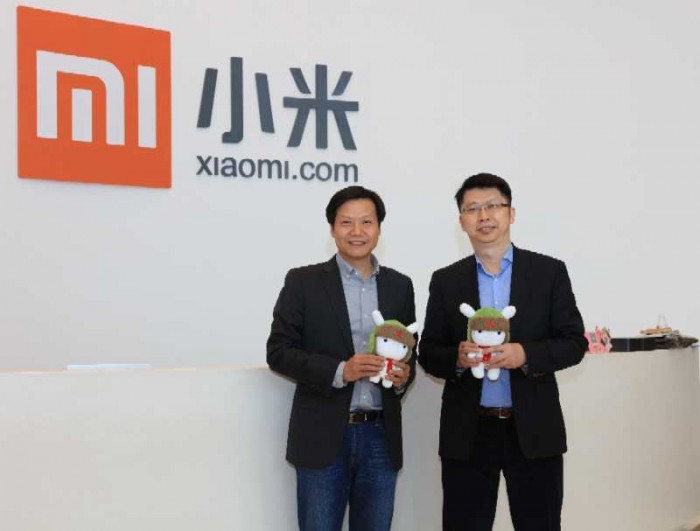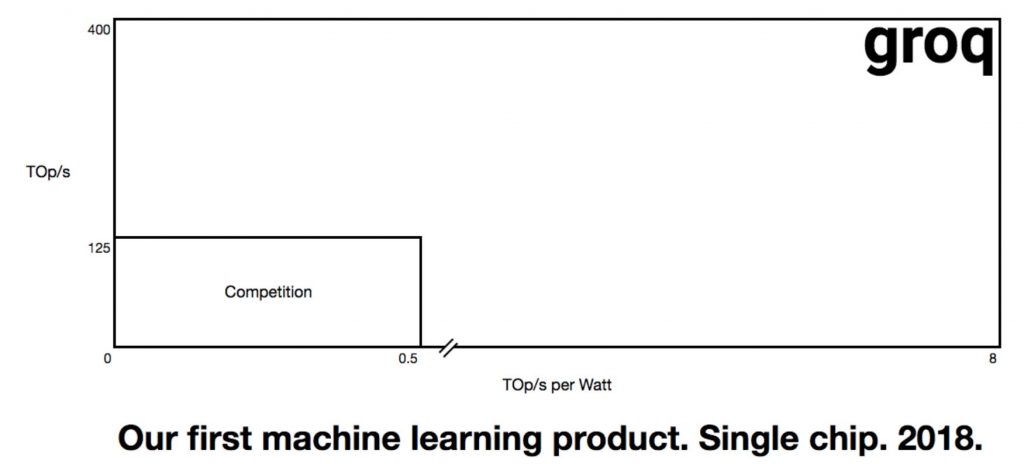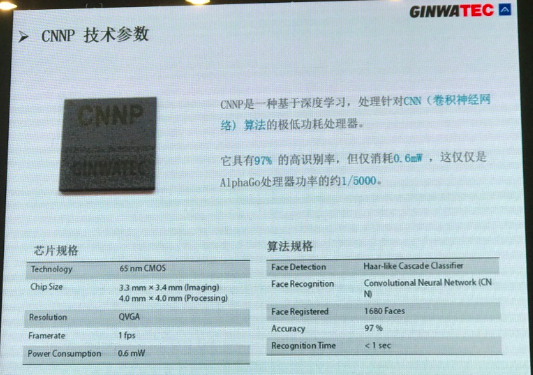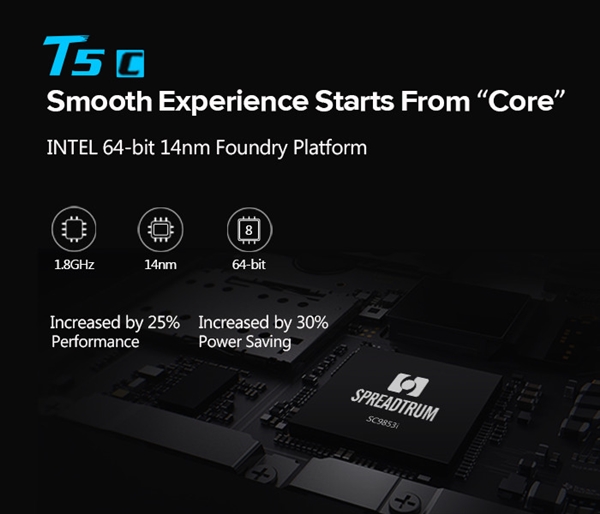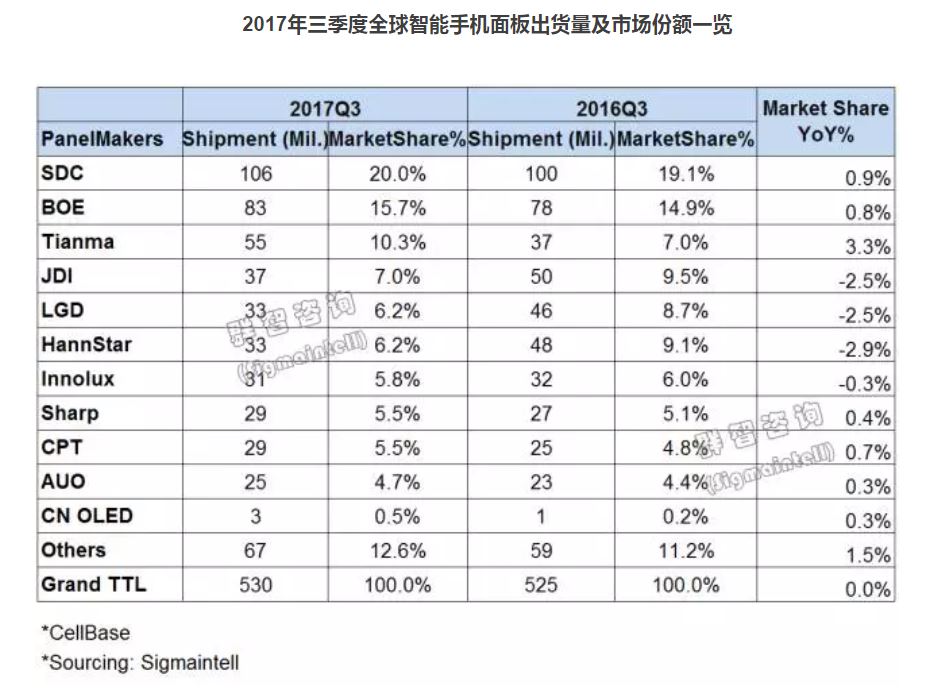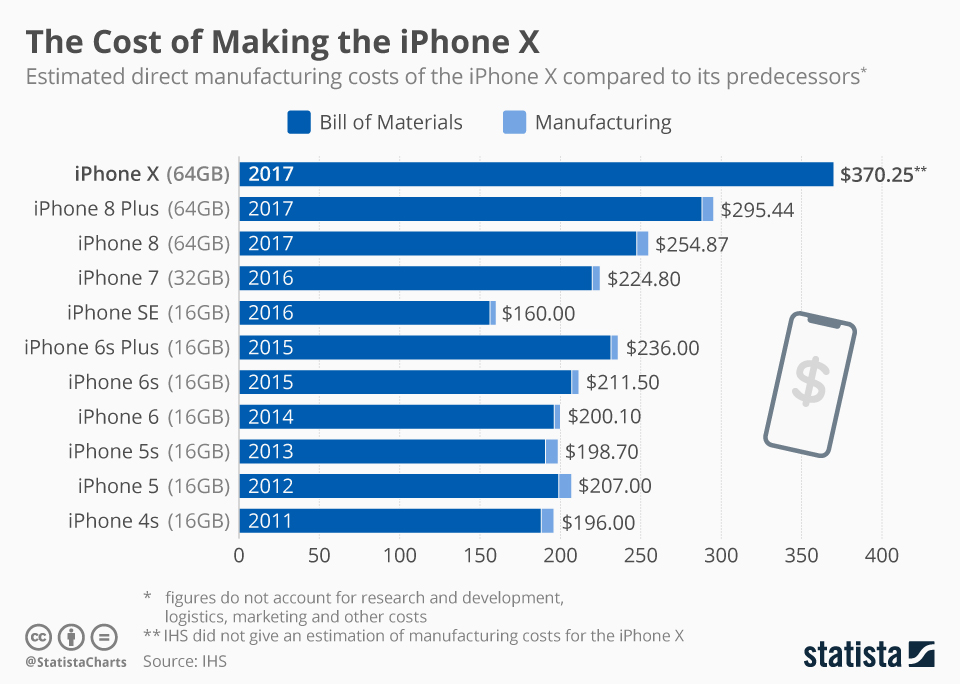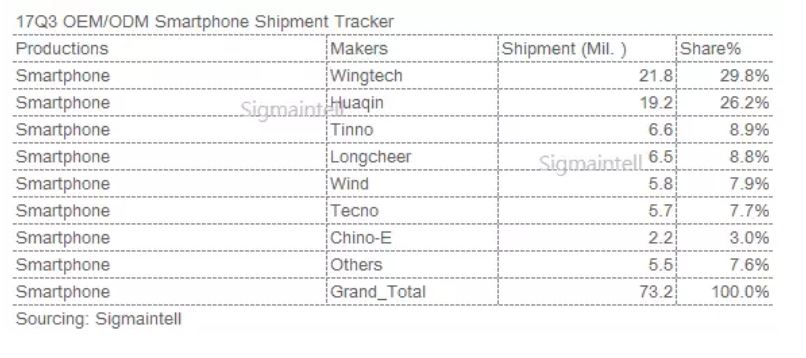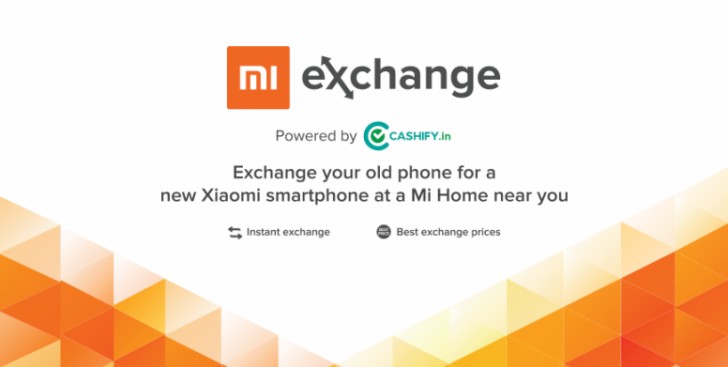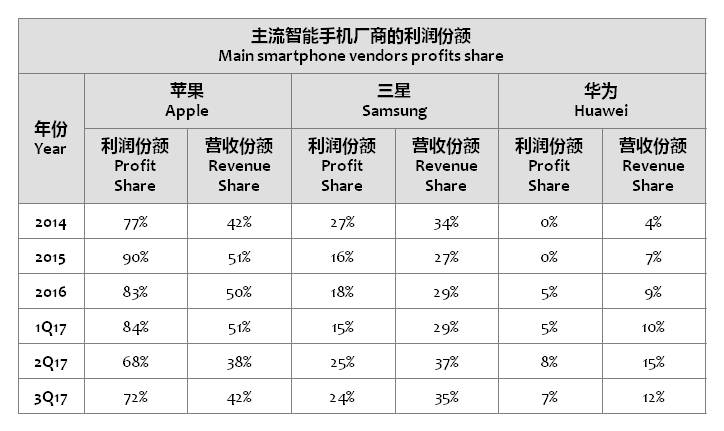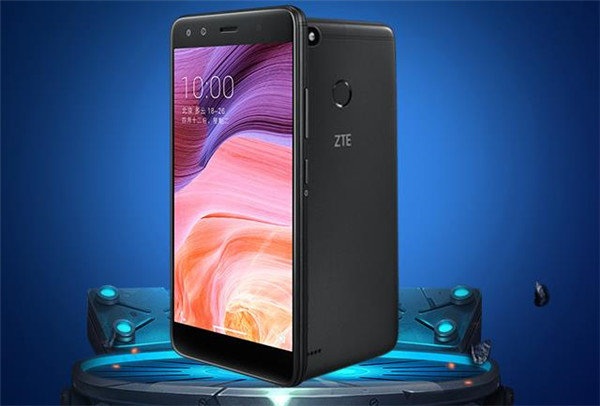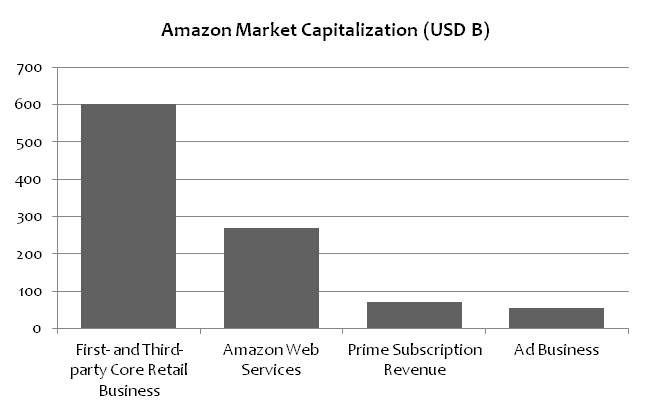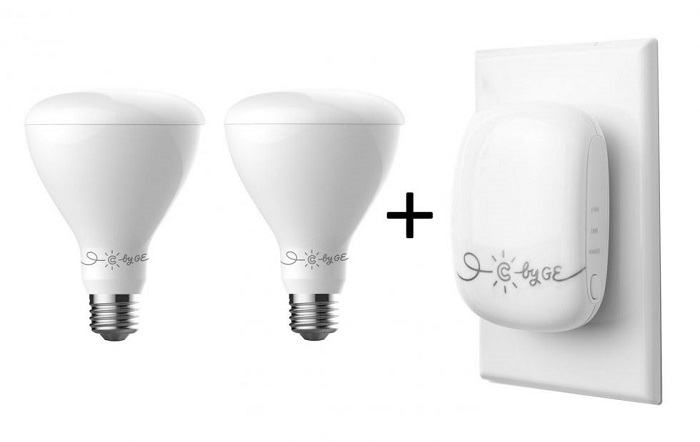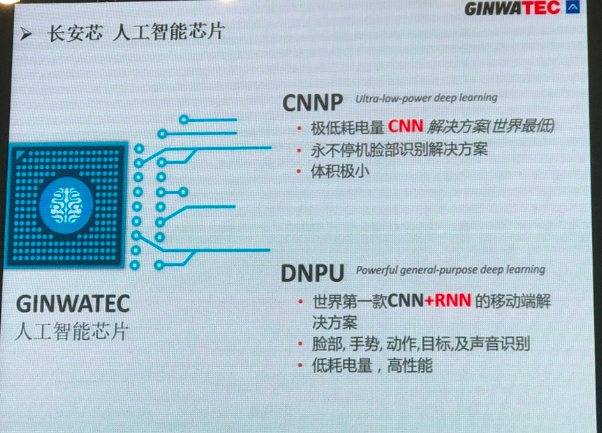
11-21: Ginwatec announces a new AI facial recognition chip “Chang’an chip”; Xiaomi CEO Lei Jun reveals that the company is planning to invest USD1B in Indian startups in the next 5 years; etc.
Chipsets
Samsung and Intel tussled at the top of the semiconductor market with both companies tipped to exceed USD60B in revenue for 2017, IHS Markit announced. Samsung overtook Intel as the market leader during 3Q17, reporting revenue growth of 53% YoY to USD16.5B. Intel also showed growth during 3Q17, with revenue up 5% YoY to USD15.9B. (Digitimes, press, Mobile World Live, Android Headlines)
MediaTek’s Chief Operating Officer Zhu Shangzu has left the Taiwanese chip manufacturer for Xiaomi. The announcement was made by Xiaomi CEO, Lei Jun. (CN Beta, Gizmo China)
UnitedHealthcare and Qualcomm Incorporated, through its subsidiary Qualcomm Life, have integrated wearable devices from Samsung and Garmin into UnitedHealthcare Motion, which is a national wellness program that provides eligible plan participants access to activity trackers and enables them to earn more than USD1,000 per year by meeting certain daily walking goals. (Android Headlines, Qualcomm, Business Wire)
Chipmaker Marvell Technology said it would buy smaller rival Cavium for about USD6B, as it seeks to expand its wireless connectivity business in a rapidly consolidating semiconductor industry. (CN Beta, Reuters, Ars Technica)
Groq, the secretive semiconductor start-up with roots in Google’s tensor processing unit (TPU), plans to share its first product sometime in 2018. its first chip will run 400 trillion operations per second, more than twice Google’s TPU, which supports 180 teraops in the training phase of deep learning. (Laoyaoba, Electronic Design, EE Sage)
Ginwatec announces a new artificial intelligence (AI) facial recognition chip “Chang’an chip”. Ginwatec has signed collaboration contract with Gionee to work together in the area of AI, and will working to bring AI to smartphone market in the future. Chang’an Chip is the first chip that integrates facial recognition, object recognition, gait recognition into one AI neural network and deep learning chipset DNPU. (Laoyaoba, Elecfans, Sohu, ESM China)
Leagoo T5c is launched, which is the first handset powered by Spreadtrum SC9853i, priced at USD129.99. SC9853i is built on Intel’s 14nm foundry platform, an octa-core chipset with 1.8Ghz frequency. It can support 4 mode Cat 7 downlink, and Cat 13 uplink, with downlink speed 300Mbps and uplink speed of 150Mbps. (Laoyaoba, CECB2B, Sina, CN Beta, TechRadar, Gizmo China)
Touch Display
3Q17 is the peak season for panel market, but 2017 is a shift to full panel, causing launch delay of a number of new models, 3Q17 panel demand is affected. In 3Q17, global smartphone panel shipment has reached 530M units, a slight 1.0% increase on year. (Laoyaoba, Sigma Intell, press)
Camera
Kim Dong-won, an analyst at KB Securities, indicates that Samsung will apply 3-stack layer laminated image sensors to smartphone cameras in 2018, the ASP of camera modules will double or triple to USD60~90 due to the installation of super high-priced image sensors, camera module parts and design changes among others. (Ubergizmo, Business Korea)
Memory
Toshiba will reportedly decide to raise some JPY600B USD5B from overseas investors, allowing the troubled conglomerate to remain a publicly traded company even if the sale of a key business is delayed. (Japan Times, WSJ, Reuters, Android Headlines, JRJ, Reuters)
Biometrics
Samsung Galaxy S9 series will reportedly debut enhanced facial recognition and an improved fingerprint scanner. (ET News, Indian Express, Android Authority, Android Headlines, Sina)
Samsung is allegedly expected to apply the 3D facial recognition technology to the new products that will come out next year. But it is said that Samsung will maintain the 2D mode because of technological limitations as Apple loaded ‘3D sensing camera’ technology into its iPhone X. (Ubergizmo, Business Korea, Sam Mobile, CN Beta)
Material
Recently smartphone cases material is always led by Apple’s iPhone. In particular Taiwanese vendors play a vital role. Pegatron’s subsidy Casetek has entered iPhone supply chain. In 2018, metal casing industry will be in a form Foxconn and Pegatron bringing their subsidies Foxconn Technologies, Casetek, respectively into the metal casing industry. (Laoyaoba, Apple Daily, UDN)
Smartphones
According to estimates by IHS, the material costs of Apple’s new flagship iPhone (excluding other expenses such as R&D and marketing costs) amount to USD370.25, making it by far the most expensive iPhone to-date. (Laoyaoba, CN Beta, Business Insider, Statista)
According to Sigmaintell, China’s mainstream ODMs have shipped 73.2M units of smartphones in 3Q17. In particular, Wingtech and Huaqin still lead the market, with Huawei and Xiaomi ODM projects have brought in nice growth. (Sigma Intell, press)
Xiaomi CEO Lei Jun reveals that the company is planning to invest USD1B in Indian startups in the next 5 years. That money will be spent on 100 startups in India. He also mentioned that Xiaomi invested USD4B in over 300 companies in China over the past 4 years. (Android Central, Live Mint, Android Headlines, CN Beta)
Xiaomi is running a trade-in program in India in partnership with Cashify that will reduce the price of available Mi and Redmi phones. (GSM Arena, Mi.com, Android Authority, Gadgets Now)
Michael Walkley, Canaccord Genuity’s Apple analyst, estimates what percentage of profits most of the major smartphone vendors generate. He calculates that while Apple’s percentage of profits has fallen from 100% in the Sept 2016 quarter (when Samsung had its Galaxy Note 7 recall) to 72% in the just recently ended Sept 2017 quarter it is still 3 times the 24% that Samsung captured. (Forbes, CN Beta, US News)
According to cashback website company Ebates holiday survey, 35% of teenagers wanted Apple iPhone X or iPhone 8 compared to 20% of adults for the iPhone X and 22% of adults for the iPhone 8. And 38% of adults want to receive the Samsung Galaxy S8 on Christmas. Propeller Insights conducted the national survey on behalf of Ebates — which sampled 1,034 adults and 507 teens. (Forbes, Business Wire, Ubergizmo, KK News)
ZTE Blade 3 is announced in China – 5.5” HD display, MediaTek MT6737T processor, rear 13MP + front dual 5MP-2MP cameras, 3GB RAM, 32GB storage, 4000mAh battery, CNY799. (GizChina, Sohu)
Wearables
Germany’s Federal Network Agency (Bundesnetzagentur), the country’s telecommunications agency, has banned the sale of children’s smartwatches after it classified such devices as “prohibited listening devices”. (The Verge, Bleeping Computer, Gizmodo, Huanqiu, Sohu)
Internet of Things
Morgan Stanley analyst Brian Nowak sees Amazon nearly doubling to a market capitalization of USD1T and a share price of 2,000 by the end of 2018. (CNBC, Investors, CN Beta)
General Electric (GE) been making some really simple and accessible smart lights called C by GE for the past 2 years, the company is announcing its first big upgrade to the system. It is a hub, called the C-Reach, that connects C by GE lights to Wi-Fi so that they can be controlled by Alexa or the Google Assistant. (Ubergizmo, CN Beta, The Verge, SlashGear)
Uber plans to buy up to 24,000 self-driving cars from Volvo between 2019 and 2021, marking the transition of the U.S. firm from an app used to summon a taxi to the owner and operator of a fleet of cars. (VentureBeat, TechCrunch, News Atlas, Volvo, 163)
